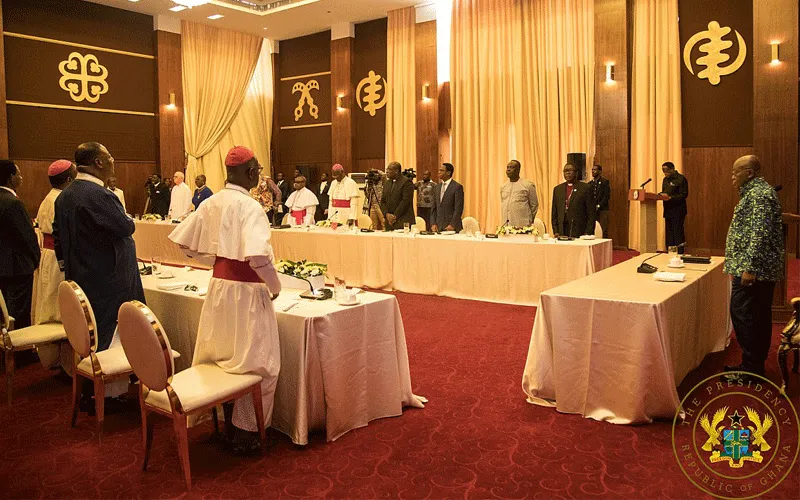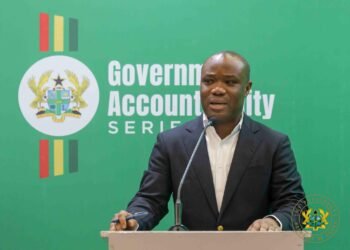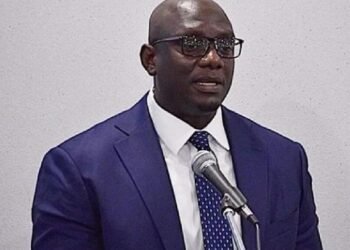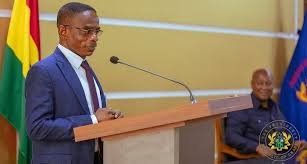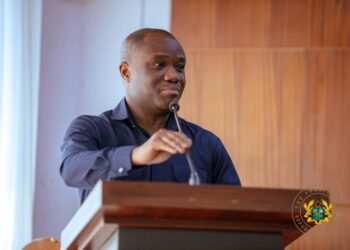The intersection of faith and politics in Ghana is a topic of great significance and importance. Ghana has a rich history of religious diversity and a strong influence of faith on its political landscape. The role of religious leaders in shaping the country’s future cannot be underestimated, as they have the power to influence public opinion, advocate for social justice, and contribute to the overall development of the nation.
Religious leaders in Ghana have a long history of involvement in politics. This can be traced back to the colonial era when religious leaders played a crucial role in advocating for independence from British rule. They used their platforms to mobilize the masses, promote national unity, and fight for social justice. Prominent figures such as Archbishop Desmond Tutu and Reverend Martin Luther King Jr. have inspired many Ghanaian religious leaders to actively engage in politics and work towards a better future for their country.
Faith plays a significant role in shaping political decisions in Ghana. Religious beliefs and values often guide politicians in their decision-making process. For example, the Christian principle of love and compassion may influence politicians to prioritize social welfare programs and poverty alleviation initiatives. Similarly, Islamic teachings on justice and equality may lead politicians to advocate for fair distribution of resources and equal opportunities for all citizens.
Religious teachings also have a direct impact on political policies in Ghana. Many political parties incorporate religious values into their manifestos and policies, recognizing the importance of appealing to the religious sentiments of the population. This can be seen in policies related to education, healthcare, and social welfare, where religious principles are often taken into consideration.
While the involvement of religious leaders in politics can bring about positive change, it also presents challenges. One major challenge is the potential conflict between religious beliefs and political ideologies. Religious leaders may find themselves torn between their faith-based convictions and the demands of political affiliations. This can lead to a compromise of religious principles or a dilution of political ideologies.
Some leading Christians would like to see Christians governing the country and all of society according to biblical law. Archbishop Nicholas Duncan-Williams, leader of the Action Chapel, one of the most prominent charismatic churches in the country, stated in an interview in 2019 that: Christians “should rule in corporate, politics, the marketplace, everywhere”. The implication is that Christianity should be a dominant social, political, and economic expression in Ghana which would project a certain worldview that all Ghanaians, whether or not they are Christians, should adhere to.
Another challenge is the need for religious leaders to remain neutral in political matters. While it is important for religious leaders to engage in politics and advocate for social justice, they must also maintain their role as spiritual guides and avoid favoring any particular political party or candidate. This requires a delicate balance between political engagement and maintaining the integrity of their religious institutions.
Religious leaders in Ghana have made significant contributions to the social and economic development of the country. They have played a crucial role in promoting education, healthcare, and poverty alleviation initiatives. Many religious institutions run schools, hospitals, and orphanages, providing much-needed services to the community.
Additionally, religious leaders have been at the forefront of advocating for social justice and human rights in Ghana. They have spoken out against corruption, discrimination, and other societal ills, pushing for a more just and equitable society. Their influence has been instrumental in shaping public opinion and mobilizing communities toward positive change.
“Political leaders must not perceive leaders of faith-based organizations and other civil society organizations as their enemies because faith-based organizations have functioned as institutions of calm in our governance efforts over the years. Their roles are very crucial for national cohesion and fair reflections on both intended and unintended outcomes of public policies.”
Rev Opuni-Frimpong
Future of Faith-Based Politics in Ghana
The future of faith-based politics in Ghana holds both challenges and opportunities. On one hand, there is a growing recognition of the importance of religious leaders in shaping the country’s future. Their moral authority, community influence, and commitment to social justice make them valuable assets in the political arena.
The Speaker of Parliament, Alban Sumana Bagbin, has emphasized the crucial need for the involvement of traditional and religious leaders in the governance structure, criticizing the constitutional restriction on their participation in partisan politics.
The Church of Pentecost, Ghana’s largest church, with more than three million members, suggests creating a National Morality and Integrity Council with statutory powers to oversee private and public behavior, even at the state level.
The church believes that to improve democracy and reduce corruption practicing Christians must play a leading role in society, including government. According to Joyce Aryee, a former government appointee and Christian leader, this would “infest others with their purity” and transform behavior for the good.
Critics argue, on the other hand, that bringing more Christians into positions of leadership and having a morality council to oversee society would weaken democracy. Ghana must nurture a diversity of beliefs, motivations, and behaviors. It could then pursue the common good by drawing on a variety of worldviews, reasoning, values, aspirations, and habits – not only those deriving from Christianity.
However, there are also potential challenges that need to be addressed. One challenge is ensuring that religious leaders maintain their neutrality and do not become partisan actors. They need to continue advocating for social justice without aligning themselves with any particular political party or candidate.
The role of religious leaders in shaping Ghana’s future cannot be overstated. Their involvement in politics has the potential to bring about positive change and contribute to the overall development of the country. However, it is crucial for religious leaders to navigate the challenges of balancing religion and politics, remaining neutral while advocating for social justice. With their moral authority and commitment to the well-being of their communities, religious leaders have a unique opportunity to shape Ghana’s future positively and inclusively. They must continue playing an active role in politics and work towards a better future for all Ghanaians.
READ ALSO: Cement Manufacturing Development Committee Tasked with Achieving Uniformity in Prices

